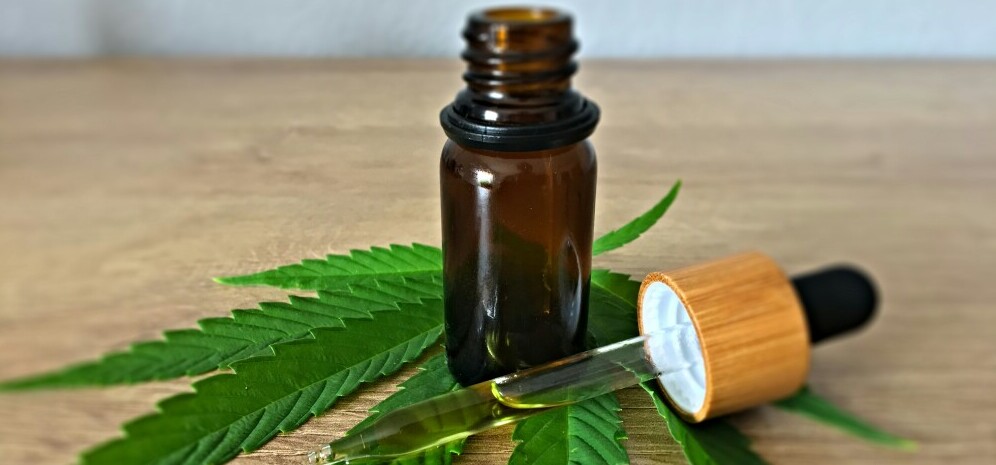
Inflammation is like the body’s own fire alarm system, alerting us when something’s not quite right. It’s the immune system’s way of waving a red flag to say there’s a problem, whether it’s an injury, infection, or something else altogether. We can think of inflammation in two ways: acute and chronic. Acute inflammation is a short-term response like when you scrape your knee, while chronic inflammation is more of a slow burn, persisting over time and potentially leading to more serious health issues.
Chronic inflammation isn’t just an annoying presence—it’s often linked to several long-term health woes like arthritis, heart disease, and even diabetes. It’s like a silent accomplice that’s sometimes part of these health problems’ root causes. This type of inflammation can wear the body down over time, making it crucial to understand how it works and what we can do to combat it.
Traditional treatments for inflammation usually involve anti-inflammatory medications or steroids. These can help but often come with their own set of potential side effects. It’s like choosing the lesser of two evils, which isn’t always the ideal situation for anyone looking to get better without additional complications.
Besides medications, there are loads of ways to manage inflammation through diet and lifestyle changes. Ever wonder about all the hype around anti-inflammatory diets? It’s because what we eat can either fuel those flames or help put them out. Foods rich in omega-3 fatty acids, antioxidants, and fiber are often recommended because they’ve been known to help reduce inflammation. And let’s not forget about exercise and stress reduction—they play a key role in managing inflammation too!
Exploring CBD Oil: What It Is and How It Works
CBD, or cannabidiol, is one of the many active compounds found in the cannabis plant. It’s like the plant’s secret superpower, without the psychoactive effects that THC is known for. So, if you’re worried about CBD leaving you with a high, don’t be—CBD doesn’t mess with your mind like that.
When CBD enters the body, it gets to work by interacting with the endocannabinoid system, or ECS. The ECS is a complex network of receptors that plays a big role in regulating functions like mood, sleep, appetite, and yes, inflammation. Think of the ECS as a massive communication tool within the body, helping to keep everything in balance. CBD is thought to help here by promoting an anti-inflammatory response, making it a popular choice for tackling inflammation-based issues.
Before diving into using CBD, it’s crucial to be aware of the legal environment and safety aspects. Laws around CBD can vary widely depending on where you are, so it’s important to do a little homework to ensure you’re on the right side of the fence. And while CBD is generally considered safe, it’s always wise to approach a new supplement with some caution.
There are oodles of ways to get CBD into your system—oils, tinctures, capsules, edibles, balms, you name it. Each form has its fans and its recommended uses, depending largely on personal preference and the specifics of what you’re addressing health-wise. While oils and tinctures offer versatility and fast absorption with sublingual use, edibles take the low-key route and are handy for those who prefer to simply eat their CBD.
CBD’s popularity continues to rise, and it’s not without reason. As people look for natural and potentially effective ways to manage inflammation, understanding how CBD works can be the first step towards seeing if it’s a good fit for one’s personal health journey.
Does CBD Actually Help with Inflammation? Analyzing the Evidence
CBD’s anti-inflammatory properties have been the subject of a fair bit of research, with some compelling data emerging over the years. In various studies, CBD has shown promise by reducing inflammation and pain signals, especially in conditions like arthritis, joint pain, and multiple sclerosis. It’s these anti-inflammatory capabilities that are sending CBD soaring in popularity among those seeking relief from painful inflammatory conditions.
However, navigating the world of CBD research is like being in a library without a catalog—information is there, but finding exactly what you need can be tricky. Much of the evidence supporting CBD’s effects is based on preclinical studies, often with animals, which means there’s a need for more human trials to conclusively prove its effectiveness.
Nonetheless, plenty of people have their own stories of how CBD has made a difference. Whether these are simply success stories or reflections of placebo effects remains something science is still sorting out. Regardless, it’s hard to ignore the voices of countless individuals who report genuine relief from chronic inflammation thanks to CBD oils and products.
Experts often have cautious optimism about CBD’s role in tackling inflammation. They’ll remind us that while there’s promise, it’s important to treat CBD as part of a broader approach to managing health conditions. Combating inflammation usually requires a multifaceted strategy—considering lifestyle, diet, and traditional medical therapies along with newly emerging options like CBD.
Common conditions where CBD steps in to potentially help include autoimmune disorders, inflammatory bowel disease, and skin conditions marked by inflammation. While these uses are encouraging, anyone considering CBD should talk it through with their healthcare provider to weigh benefits and risks tailored to their unique situation.
Using CBD Oil for Inflammation Effectively
Figuring out the right dose of CBD oil can feel like a guessing game, but it’s crucial for seeing real benefits. Dosage often depends on several factors such as the severity of the inflammation, body weight, and individual tolerance. Starting low and gradually increasing the amount is usually the safest bet. Some folks might find relief with just a few milligrams daily, while others may require higher doses.
How quickly CBD oil works can vary from person to person. For some, noticeable effects might kick in within the first few hours, while for others, it might take a few weeks of consistent use. Patience and consistent dosing can be key when waiting to feel those benefits kick in.
Maximizing the effectiveness of CBD oil means considering factors like the form of the oil, the method of consumption, and individual body chemistry. Sublingual oils are often recommended for quicker absorption, with effects felt faster than with edibles. But let’s not forget that everyone’s different, and what works for one might not be as effective for another.
Incorporating CBD oil into a daily wellness routine could be about more than just measuring the right dose—consistency is crucial. Taking it at the same time each day might help maintain consistent levels in the bloodstream, potentially leading to better management of inflammation.
Before jumping headfirst into CBD oil use, consulting a healthcare professional is always a smart move. They can offer personalized advice and help ensure that CBD doesn’t interact with any current medications or health conditions. With a little guidance, finding the balance between traditional treatments and new alternatives like CBD can become much more manageable.

